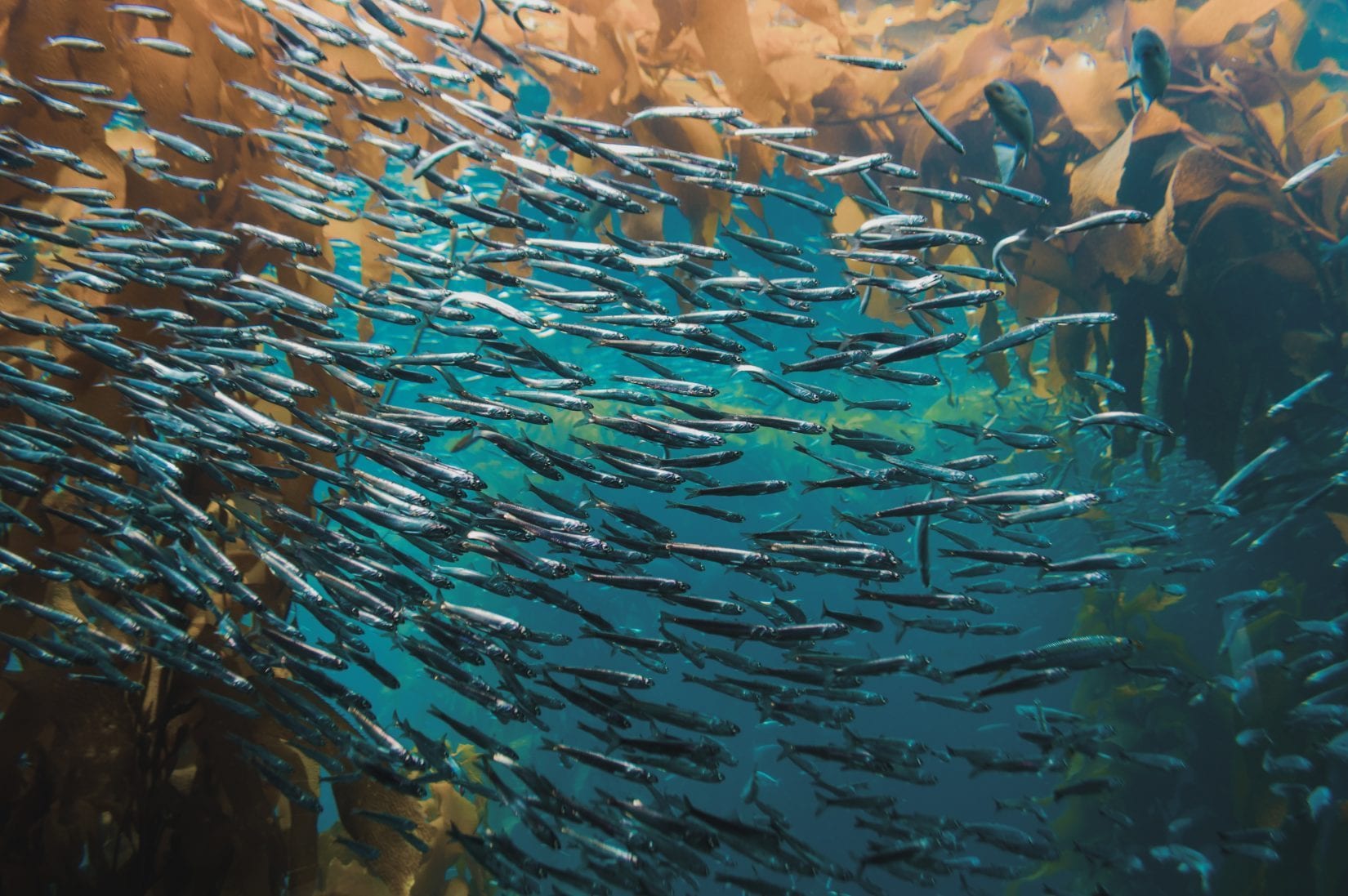
BirdWatch Ireland along with eight other Irish NGO’s joined a coalition of fifty two NGOs from around the world in calling on Minister McConalogue and other EU fisheries ministers to reject proposals, which would significantly weaken the EUs ability to police illegal and unregulated fishing activities.
The proposal would mandate cameras on board only for certain vessels above 24 metres. Such vessels make up less than 3.2% of the EU fleet. Requiring broader uptake of Remote Electronic Monitoring (REM) tools such as CCTV is crucial to combat illegal and unsustainable fishing practices inside the EU. Enhanced monitoring and control measures should be used on all vessels that are deemed to be of high risk of illegal activities, not just on a minority of large vessles.
Remote electronic monitoring, including on-board cameras, is urgently needed in EU waters. To reliably prevent discarding, to know how much fish and sensitive species – like dolphins – are actually caught, and to protect crew in unsafe working conditions. REM would help to prevent overfishing which is a threat to the vast majoirty of Irish fishers who are hard working and law abiding citizens. Moreover, it can ensure that seafood caught in European waters is accurately and easily traced.
But the widespread adoption of this technology in the EU could also have a global impact. The EU imports 60% of all its seafood. In order to protect European fishers from unfair competition, it frequently works with other countries to require stronger measures to combat illegal fishing. The use of REM in countries around the world has proven that it can combat unsustainable, illegal or unethical fishing practices. REM technologies are also key to protect the human rights of migrant workers on-board vessels of long-distance fishing fleets.
Widespread adoption of REM in the EU could be a crucial step in the battle to save marine ecosystems and the hundreds of millions of people who depend on them. It will bolster the EU’s role as a global leader in the fight against illegal fishing and push countries across the world to adopt the same, critical technology. Wide adoption of robust electronic monitoring will help curtail unsustainable, cruel and illegal fishing practices, such as discarding, using dolphins as shark bait, and forced labour in the global fishing sector.
We have urged EU fisheries ministers to require the use of cameras on-board on:
1. All EU fishing vessels above 12 meters length or more
2. Small-scale vessels at high risk of non-compliance with the rules of the EU Common Fisheries Policy, and those at risk of catching sensitive species, like dolphins and seabirds.

